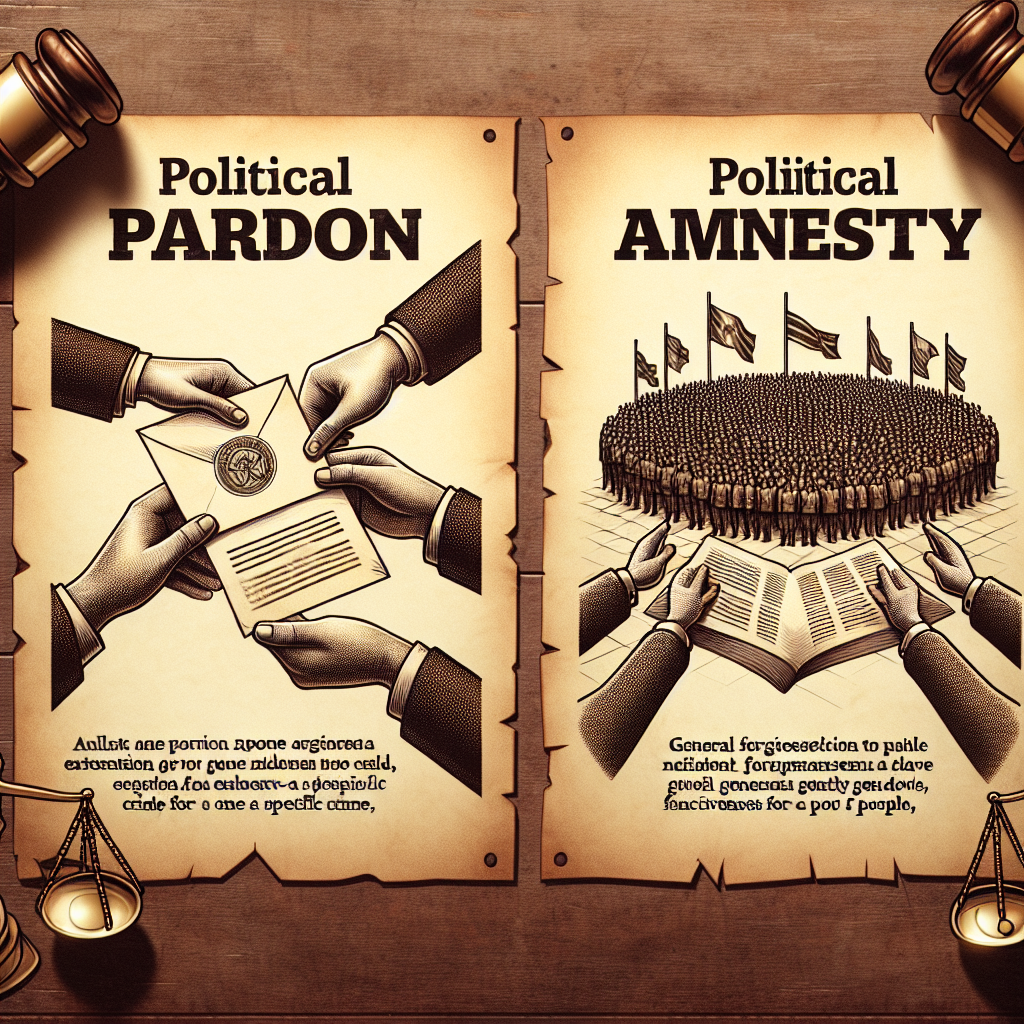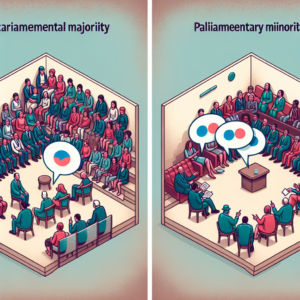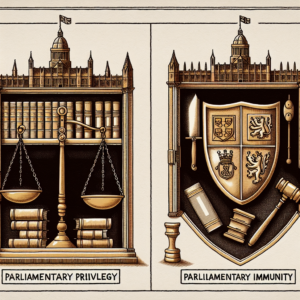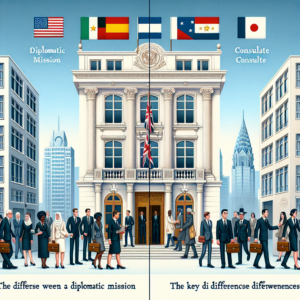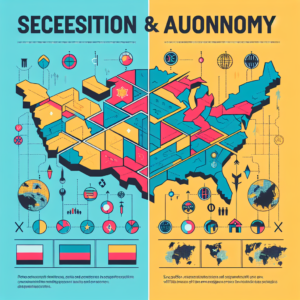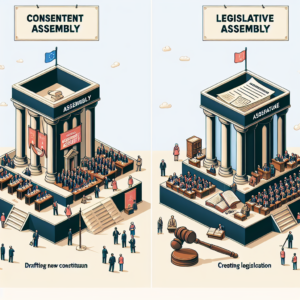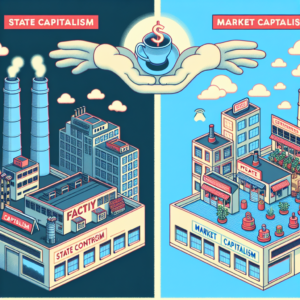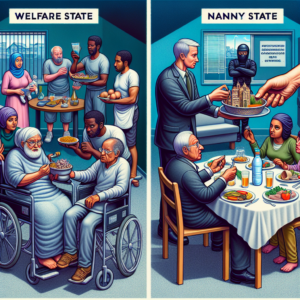In the complex realm of political and legal jargon, there are two terms that often seem interchangeable but have distinct differences: political pardon and political amnesty. Both are instruments of mercy or forgiveness, utilized by governments to absolve individuals or groups from legal consequences. However, their usage, implications, and processes differ significantly. This article aims to shed light on the question: What is the difference between a political pardon and political amnesty?
Understanding Political Pardon: A Detailed Overview
When we attempt to understand the concept of political pardon, it’s essential to know that this is an act of forgiving a person for his or her crimes by a country’s head of state or other authority. This act releases the person from further punishment and reinstates their civil rights but does not necessarily clear them of guilt. A pardon is often granted after the individual has been convicted or has served a part of their sentence. It’s an act of clemency that signifies mercy rather than vindication.
The pardons can be unconditional or conditional. An unconditional pardon completely absolves the individual, whereas a conditional pardon requires the individual to fulfill certain requirements or conditions. Pardons can also be granted to individuals (specific pardon) or groups (general pardon), but are typically case-by-case and depend on the discretion of the person or body granting the pardon.
Political pardons, specifically, are usually controversial, particularly if they appear to be politically motivated or if they absolve high-profile individuals of serious crimes. They can cause significant political fallout, as they may be perceived as a misuse of power or as undermining the justice system.
Political Amnesty: A Comparative Analysis
In contrast to political pardons, political amnesty typically involves a broader scope. It is a measure that a government takes to forgive a group of people who have been deemed guilty of political offenses. Amnesty is often associated with political unrest, wars, or periods of transition, aimed at fostering peace and reconciliation by wiping the slate clean.
Unlike a pardon, which may leave a criminal record intact, amnesty effectively erases any legal record of the offense. The crime is forgotten, as though it never occurred. This distinguishes amnesty from pardon, as a pardon forgives the crime but does not forget it.
Political amnesty, similarly to political pardons, can stir controversy, especially when it is perceived as a way for governments to absolve themselves or their allies of wrongdoing. However, it can also be a powerful tool for reconciliation and healing in societies recovering from conflict or oppressive regimes.
Summary
To answer the question: What is the difference between a political pardon and political amnesty?—a political pardon is an act of mercy typically granted to a specific individual after conviction, allowing them relief from further punishment but not necessarily erasing their guilt. On the other hand, political amnesty is a broader action that forgives a group of people for political offenses, effectively erasing the legal record of the offense. Both tools can stir controversy, especially when politically motivated, but they can also serve as influential mechanisms for mercy, healing, and social stability.

